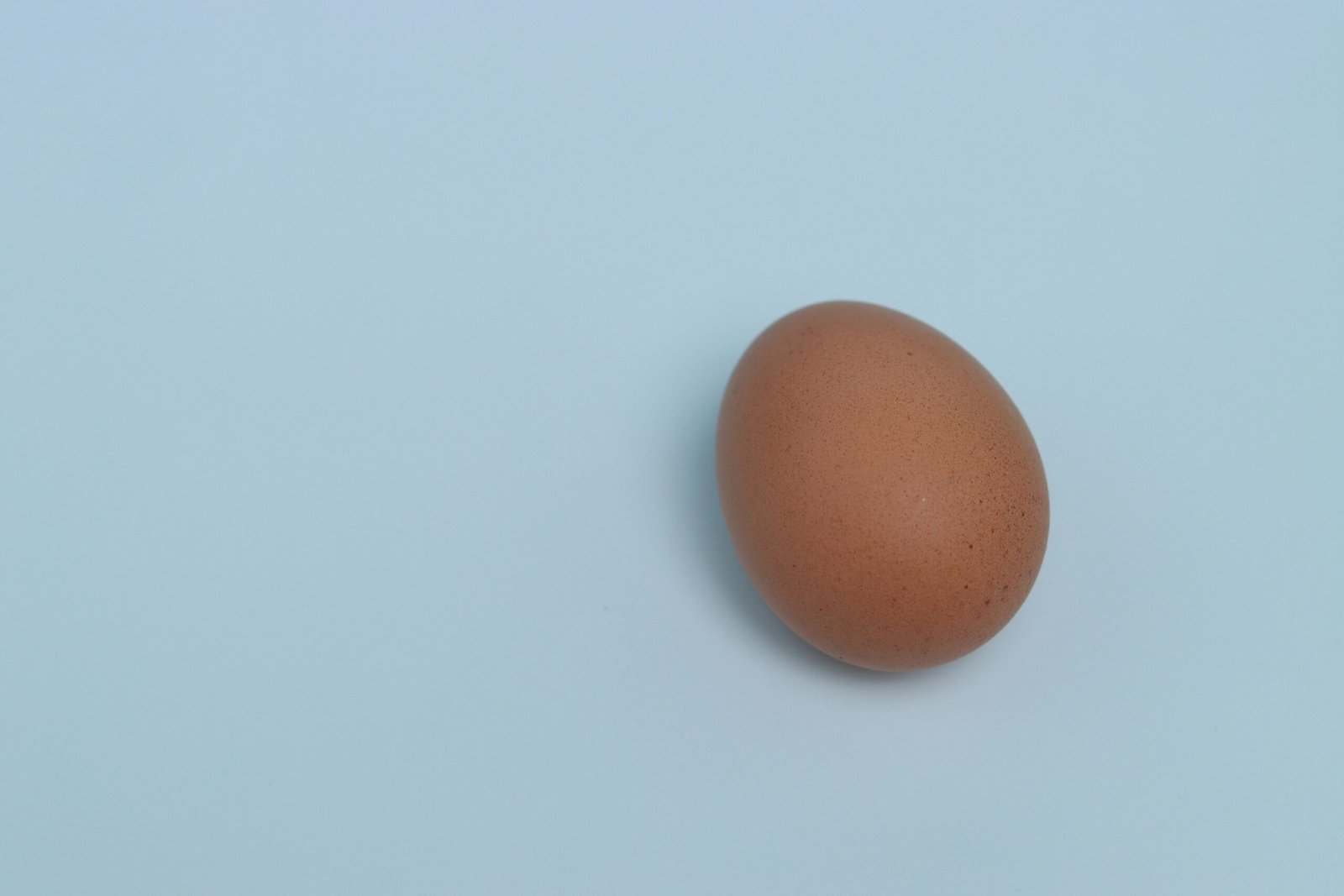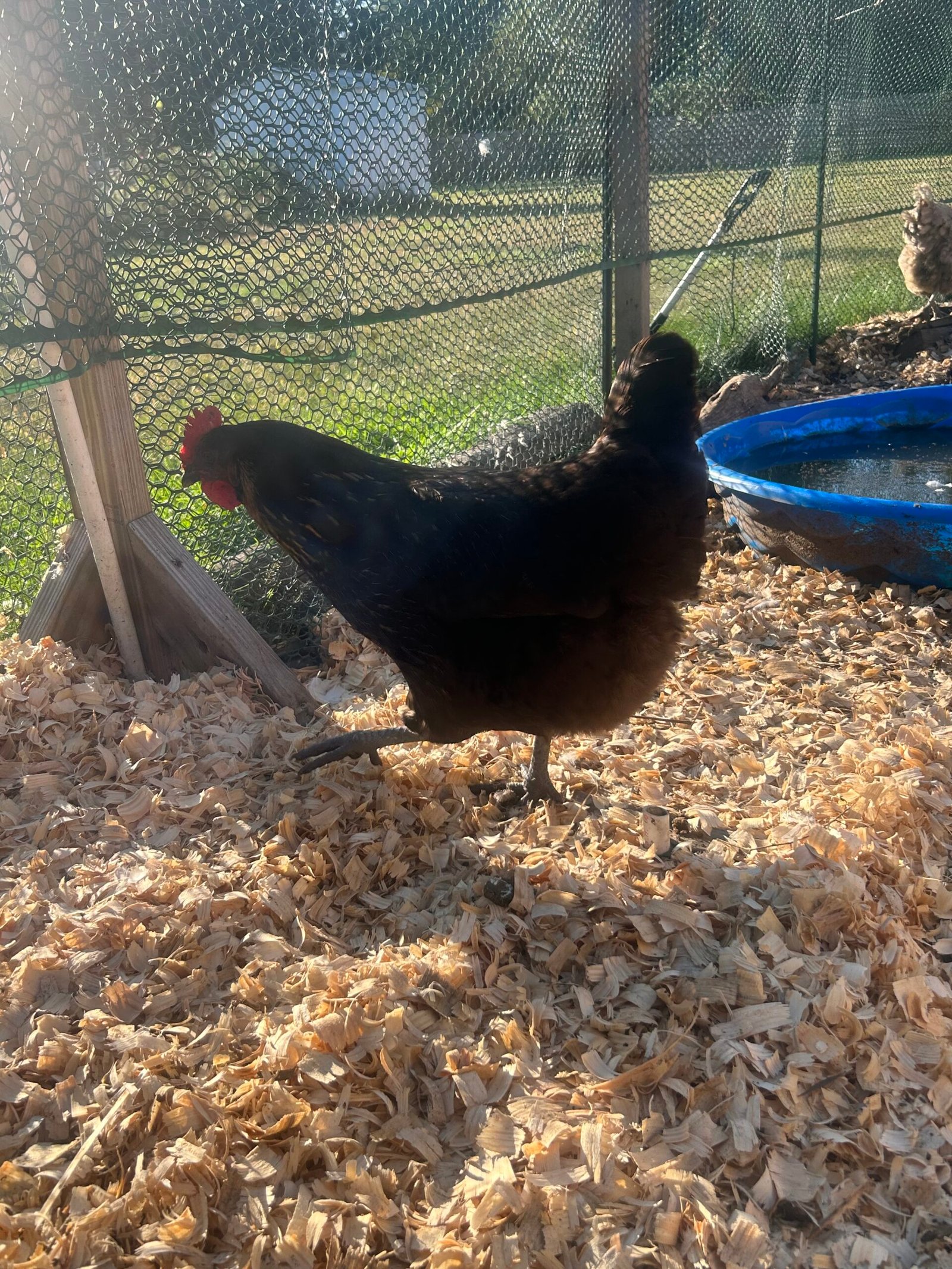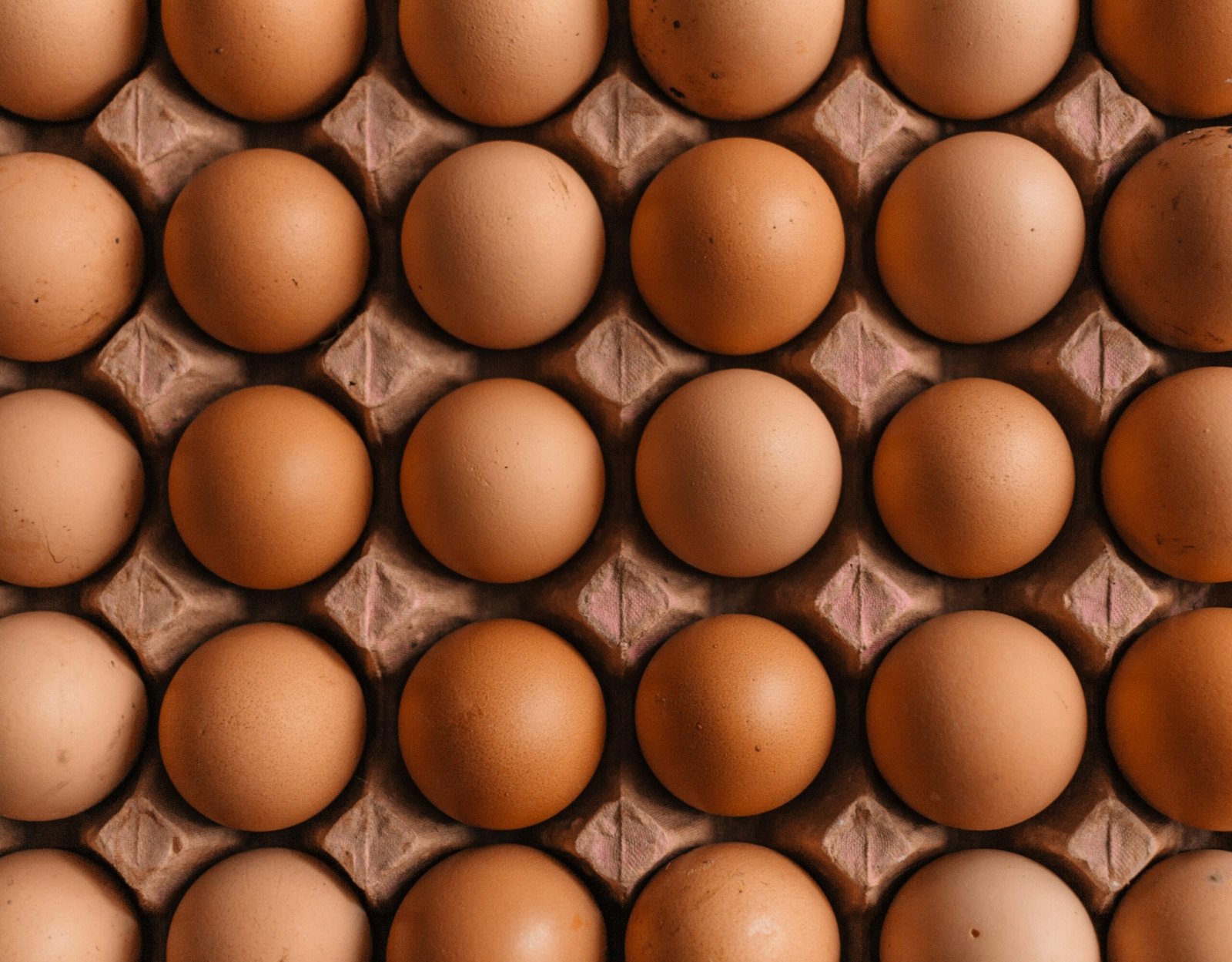Are you looking to maximize egg production from your hens? Whether you’re a backyard chicken keeper or a small-scale farmer, there are several factors that can influence the productivity of your flock. In this article, we will dive into the key aspects that affect egg production and provide practical tips and tricks to ensure your hens are happy and laying consistently.
The Role of Nutrition
Proper nutrition plays a vital role in ensuring optimal egg production. A well-balanced diet rich in essential nutrients is crucial for the overall health and productivity of your hens. A diet high in protein, vitamins, and minerals will provide the necessary building blocks for egg production.
Ensure that your hens have access to a quality layer feed that contains a balanced mix of grains, proteins, and minerals. Additionally, supplement their diet with calcium-rich sources like crushed oyster shells or eggshells to support strong eggshell formation.
Light Exposure
Light exposure is another critical factor that influences egg production. Hens require a certain amount of light each day to stimulate their reproductive system and trigger egg-laying. The ideal light exposure for hens is around 14-16 hours of light per day.
If your hens are not getting enough natural light, you can supplement their light exposure with artificial lighting. Use a timer to ensure consistent and regular light cycles. Place the lights above the roosting area, about 5 feet off the ground, to mimic natural daylight.
Stress Reduction
Stress can have a significant impact on egg production. Hens that are stressed or anxious are less likely to lay consistently. Minimizing stressors in their environment is crucial for maximizing egg production.
Ensure that your hens have enough space in their coop to move around comfortably. Provide adequate ventilation and maintain a clean and hygienic environment. Avoid sudden changes in their surroundings, such as introducing new flock members or moving them to a different location.
Additionally, keep predators at bay and provide a secure and safe environment for your hens. A stressed hen is an unproductive hen, so prioritize their well-being to ensure optimal egg production.
Breed Selection
Choosing the right breed of hens can also impact egg production. Some breeds are known for their high egg-laying capabilities, while others may lay fewer eggs but have other desirable traits. Consider your specific needs and preferences when selecting the breed for your flock.
Popular high-production breeds include the Rhode Island Red, Leghorn, and Sussex. These breeds are known for their excellent egg-laying abilities and are often favored by commercial egg producers. However, keep in mind that high-production breeds may require more feed and management to maintain their productivity.
If you prefer a dual-purpose breed that can provide both eggs and meat, consider breeds like the Plymouth Rock or Orpington. These breeds may not lay as many eggs as the high-production breeds, but they offer other benefits such as larger size and meat quality.
Conclusion
Maximizing egg production requires attention to various factors that influence the productivity of your hens. By providing a well-balanced diet, ensuring adequate light exposure, reducing stress, and selecting the right breed, you can create an environment where your hens thrive and lay consistently.
Remember, happy hens are productive hens. Take the time to understand their needs and provide them with the care and attention they deserve. With these tips and tricks, you’ll be well on your way to maximizing egg production and enjoying a bountiful supply of fresh eggs from your flock.





